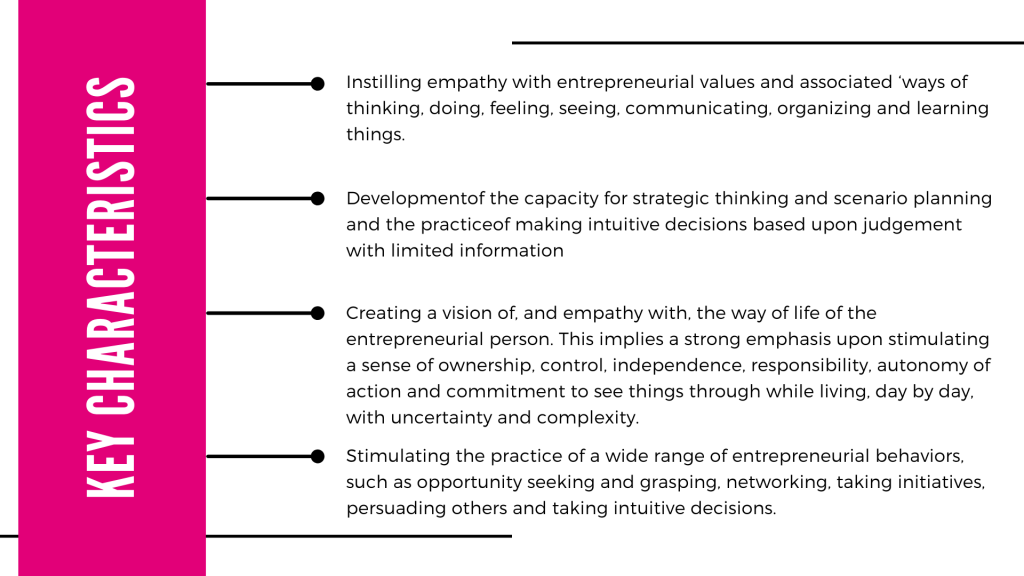Second segment of: Entrepreneurship Skills for Growth-Orientated Businesses
If you want to create a grow-orientated business and sharpen your entrepreneur skills, keep reading. We are breaking down the article Entrepreneurship Skills for Growth-Orientated Businesses, to key findings that could benefit entrepreneurs and businesses that are trying to grow and excel.
This is part two of the three segments on how to grow your business, so if you want to read the first part, discussing barriers of growth and key internal factors that influence firm growth, click here.
If you already read the first segment, hello and welcome back!
After defining the barriers of growth, it is time to overcome them. In this segment we will talk about the entrepreneurship skills required to overcome barriers of growth.
So first we must understand entrepreneurship. Drucker (1985) argued that entrepreneurship is a practice and that…

…therefore, education and training can play a key role in its development.
But who can be an entrepreneur, what skills are required?
These skill-sets can be broken down into four groups:
- Technical Skills – which are those skills necessary to produce the business’s product or service;
- Managerial Skills, which are essential to the day-to-day management and administration of the company;
- Entrepreneurial Skills – which involve recognizing economic opportunities and acting effectively on them;
- Personal Maturity Skills – which include self-awareness, accountability, emotional skills, and creative skills.
But how does one develop these skills and values?
According to Gibb (2010), the manner in which entrepreneurship is taught needs to be significantly altered as the traditional model of entrepreneurship is no longer applicable to the modern business environment. The dominant model of entrepreneurship is static and focused heavily on the writing of a Business Plan and the various functional activities of an enterprise. His alternative ‘appropriate’ model portrays the entrepreneur as dynamic with a range of behavioural attributes that need to be developed.
This model embraces a number of key characteristics, like:

Overall, it must be noted that the traditional forms of training for management teams seeking to grow their business are not proving to be universally successful and therefore a new approach is required. Therefore everyone needs their own game-plan.
To read part three, click here.





